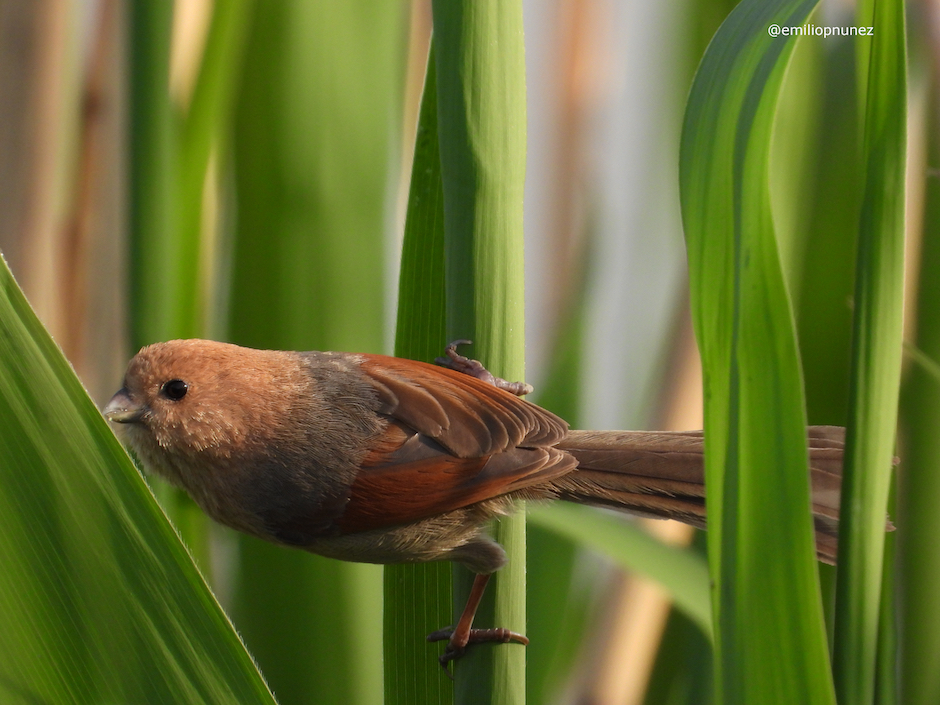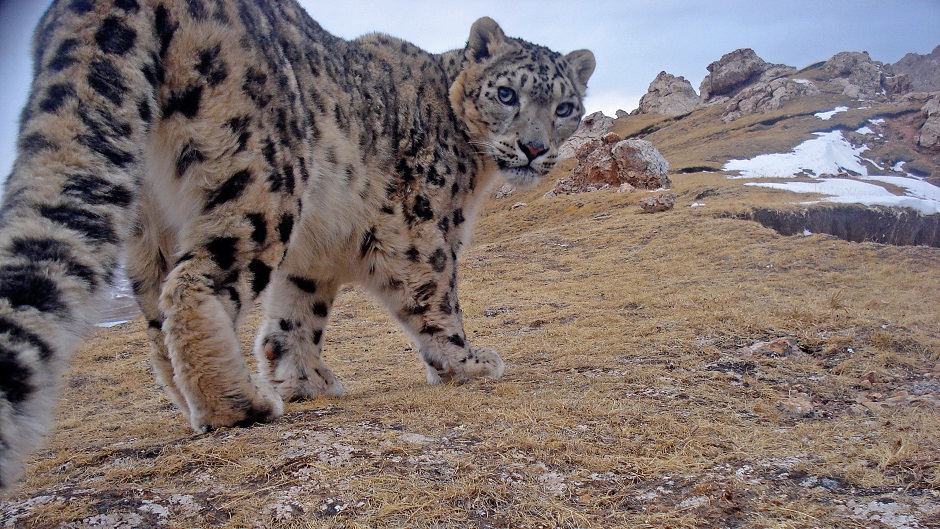12 Sep 2022
At the UN Biodiversity Conference (COP 15) in October 2021, China’s President Xi Jinping proposed new goals for China’s Post-2020 Global Biodiversity Framework, emphasising the challenges and requirements for promoting economic and environmental development. Previously, around the year 2000, China introduced a series of policies such as the Returning Farmland to Forest and Returning Grazing Land to Grassland programmes, with economic incentives and subsidies to protect the environment and advance ecological restoration.
What impact do these subsidies and incentive measures have on local livelihoods, and do they directly help with ecological restoration? To answer these questions, researchers from Xi’an Jiaotong-Liverpool University, Peking University and other institutes, investigated the relationship between economic incentives and biodiversity conservation in the alpine grassland of the Tibetan Plateau.
According to the research, in the Qinghai-Tibet Plateau region, eco-compensation subsidies and selling caterpillar fungi used in Traditional Chinese Medicine are two primary sources of local herders’ cash income. The study also found that the amount of local eco-compensation subsidies did not correlate with livestock grazing pressure, while revenue from caterpillar fungi showed a strong positive correlation with grazing pressure.
Professor Lu from Peking University, China, says: “We tried to understand the factors that affect the size and structure of herds that local families keep, and the structure of their livelihoods, to determine and verify the role of eco-compensation strategies in reducing grazing and ecological restoration. By doing so, we will be able to help draft and implement better top-down policies for environmental protection.”
Changes in livelihood
The annual household income of the families was about 53,871 RMB, of which caterpillar fungi accounted for the most significant part (32,025 RMB).
Among the households interviewed, 70% of the families said that as long as their basic needs were met, they would not sell livestock to obtain income because they believed in “not killing innocent lives”, as is advocated in Buddhism, the dominant religious belief in the Qinghai-Tibet Plateau region.
Dr Lingyun Xiao, Assistant Professor at XJTLU’s Department of Health and Environmental Sciences, China, explains that other factors may be involved in the household’s decision not to sell livestock: “It might also be because it has become more difficult to make money through husbandry. Since the planned economy ended, marketisation and globalisation have swept across the country. Animal products produced at high costs on the plateau are hardly competitive in price.
“Extra cash income from caterpillar fungi and eco-compensation satisfies the basic needs of these families, who therefore do not need to sell their yaks.”
A sense of security
The study found that, although caterpillar fungi accounted for a large part of families’ income in the Qinghai-Tibet Plateau region, the fungi’s growth is not reliable, so the price is often volatile. Therefore, income from caterpillar fungi does not provide local families with a sense of security.
“We discovered that income from caterpillar fungi didn’t reduce the size of local families’ herds or grazing intensity. On the contrary, worried by the instability of such income, herders wanted to secure their earnings by increasing the number of livestock,” says Xiang Zhao, Director of Shanshui Conservation Centre, China.
Herders also have worries about the eco-compensation subsidies from the government. Without effective communication, many do not understand the purpose of such subsidies and their responsibilities to downsize their herds and stop grazing in certain areas. They also are not sure of how long the subsidies will be continuously distributed.
“Due to the staffing shortage in local departments, in many areas, the amount of eco-compensation was not linked to the reduction of livestock or grazing, nor the restoration of grassland.
“The common practice is to distribute the subsidies based on the size of a household’s grassland, or the number of family members, to ensure equity. Such eco-compensation subsidies have improved herders’ living standards but hardly had any impact on grassland restoration—the original purpose of the policy,” said Dr Xiao.

Targeted distribution
The paper offers specific suggestions for the future implementation of the policy, including more effective communication, more reasonable standards comparable to the results of restoration, and more precise and targeted distribution of subsidies.
“For example, the government can give out more subsidies in villages where the grassland is overgrazed, and the income from caterpillar fungi is low. As it’s not necessary to subsidise villages whose grassland is not overgrazed, and for those who earn a lot from caterpillar fungi, small subsidies are not enough to encourage meaningful reductions in livestock,” Dr Xiao explains.
Besides the sense of security brought by income from husbandry, the researchers found that the two primary livestock—yaks and sheep—had different values for local herders. Many families in the region have stopped farming sheep but find it hard to replace yaks with other sources of income.
“Yaks are a safer and stabler choice for herders. They are like savings or insurance, especially when a snowstorm hits. But sheep are more like loose change or pocket money. Because sheep grow faster and are more vulnerable to predators and snowstorms, they require greater labour costs. Compared with yaks, sheep are more likely to be replaced by caterpillar fungi because the latter is a faster and more efficient way to earn pocket money,” says Dr Xiao.
Future implementation
According to Dr Xiao, the original aim of the research was to assess the effectiveness of existing subsidies in the region because policies and socio-economic factors have a considerable impact on the natural environment.
“The findings are quite unexpected, which reflect the importance of understanding local values. When planning future subsidies, it’s necessary to consider the environmental impact to avoid what’s currently happening because of the income from caterpillar fungi.”
“Governments need to pay more attention to the implementation of subsidy programmes. They need to facilitate cross-functional cooperation to promote biodiversity conservation and integrate it into the work of every department, as coordination is important, ” Professor Lu adds.
Dr Xiao says: “For environmental policymakers, it’s crucial to understand the structure and values of local livelihoods to make the policies and their implementation more targeted and effective.”
The study, When money meets tradition: How new cash incomes could be problematic for a vulnerable ecosystem, is published in Biological Conservation and can be read here.
By Luyao Wang
Translated by Xiangyin Han
Edited by Bo Kou and Catherine Diamond
12 Sep 2022
RELATED NEWS

The shape of things to come: Hainan’s birds are changing because of us
Hainan has a unique tropical environment with abundant biodiversity and is home to over 400 species of birds. The island in southern China has experienced fa...
Learn more

China’s wildlife food ban is vital for public health and threatened species – our research reveals what must happen next
World leaders are attending an online summit to discuss the future of life on Earth. With one million species threatened with extinction this century, th...
Learn more

Biodiversity: Snow leopards with Dr Lingyun Xiao
Dr Lingyun Xiao, of the Department of Health and Environmental Sciences, talks to us about her big cat research. Snow leopard cubs; courtesy of Peking Uni...
Learn more








